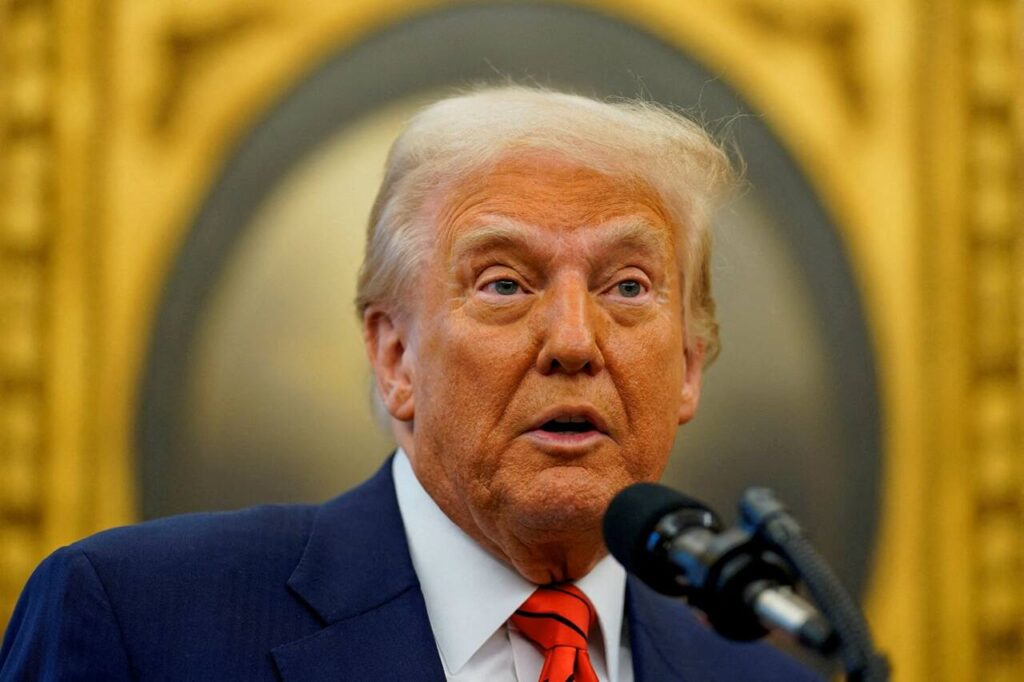In a major trade move, former U.S. President Donald Trump has announced a 25% tariff on all steel and aluminum imports. This means companies bringing steel into the U.S. will have to pay extra, making foreign steel more expensive. Trump says this decision is to protect American steelworkers and boost local production.
Why is Trump Imposing Steel Tariffs?
Trump argues that cheap steel from other countries, including China, Mexico, Canada, and South Korea, is harming American manufacturers. He believes this tariff will encourage more steel production in the U.S., creating jobs and strengthening the economy.
However, many businesses that rely on imported steel, like car manufacturers and construction companies, are worried. Higher steel prices could increase costs, leading to higher prices for cars, appliances, and buildings.
How the World is Reacting
Not everyone is happy about this decision. Countries like Australia, Canada, and South Korea are considering countermeasures. Australian Prime Minister Anthony Albanese said his country’s steel exports support American jobs and should not be targeted.
Meanwhile, European leaders fear this could lead to a global trade war, where countries start imposing tariffs on each other’s goods.
What’s Happening in the Stock Market?
Since the announcement, U.S. steel companies are celebrating. Stocks for major American steelmakers like:
- Cleveland-Cliffs
- Nucor Corp.
- United States Steel Corp.
- Steel Dynamics
All saw their stock prices surge as investors expect these companies to benefit from reduced competition.
Impact on U.S. Dollar Futures
While steel stocks are rising, the U.S. dollar has weakened in futures trading. Traders worry that higher tariffs could slow down the economy, making the U.S. dollar less attractive to investors. If trade tensions rise, the Federal Reserve may have to adjust monetary policy, impacting global markets.
What’s Next?
The tariffs are set to take effect this week. If other countries retaliate with their own tariffs, it could impact industries far beyond steel. Businesses and investors are now watching closely to see how global markets react.

